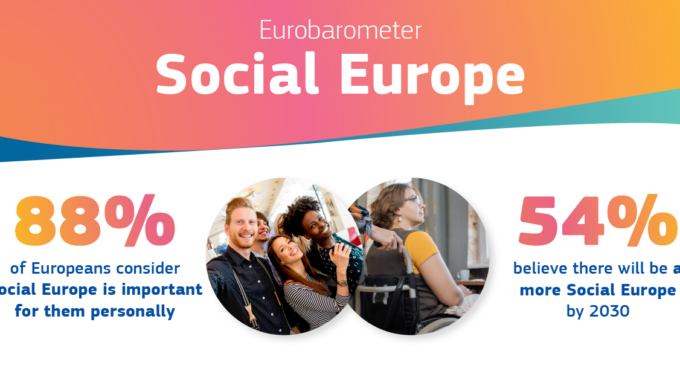Country Specific Recommendations issued by the European Commission on 5 June: what is in it for carers?
As part of the ‘Semester process’, which is a key process of policy coordination at EU level, the European Commission published on 5 June their annual Country Specific Recommendations (CSRs), by which they provide policy guidance tailored to each EU country on how to boost jobs and growth, while maintaining sound public finances. The recommendations adapt priorities identified at EU level (in the Commission’s Annual Growth Survey) to the national level. They are accessible here.
Overall, the European Semester brings together within a single annual policy co-ordination cycle a wide range of EU governance instruments. It has given the EU institutions a more prominent role than ever before in scrutinizing and guiding national economic, fiscal and social policies, especially within the euro area.
While the Semester process is mainly focusing on macro-economic balance and job creation, it is also considered as a key instrument for advancing the principles set out in the European Pillar of Social Rights. It has gradually incorporated health and social policy elements, and become more and more relevant to Eurocarers concerns. The CSRs are likely to point out to issues in relation notably to the sustainability and the organisation of health and long-term care systems, access to health services (including digital health and healthy ageing), or inclusion in the labour market and fight against poverty. Such mentions coming from EU institutions might be useful to Eurocarers’ member at national level, who may use them as hooks to raise these issues at national level and engage with their government. Importantly, these CSRs are an important element in the definition of priorities in the programming of European Funds in member states.
You will find here ([download id=”9745″]) Eurocarers’ analysis of the Semester national documents since 2015, compiling elements that are relevant to our concerns. This template will be completed in the coming weeks with an analysis of documents adopted in 2019. As usual, we remain at your disposal should you need any additional clarification on this subject. Your feedback concerning the relevance and the usefulness of these CSRs in your country would also be extremely valuable. Contact Claire Champeix, Policy officer (cc@eurocarers.org).





